Charles Pakana (Victorian Aboriginal News)
I’m joined today by Professor Mark Rose, Gunditjmara man working at Deakin University and he’s the Pro Vice Chancellor. Uncle, give me the proper title…
Uncle Mark Rose
Indigenous Strategy and Innovation.
Charles
Indigenous Strategy and Innovation. I think, Unc, before we go on any more with the interview, what does that actually mean?
Uncle Mark
Now if you know, let me know [laughs] It means that I report through the senior parts of the university and means that we leave the teaching up to the smart ones.
And I stay out of classes. But I just oversee the strategy of lifting our profile within the university and making it a good point or destination for mob. And while people here, part of our strategy is for every person, black or white, to have an Indigenous experience as part of their learning journey.
Charles
So an Indigenous experience as part of their learning journey, what does that actually look like on the ground for the students?
Uncle Mark
It depends on what faculty they’re in. But we have the old IKE Institute of Koori Education, which is now called NIKERI, and they run courses across faculties. The experience is that they see us in the curriculum. It’s more relational than transactional. And student experience, such as outward journeys.
Charles
Let’s talk now about the importance of education for Aboriginal people. Now, before we started this interview today, you and I were talking essentially about one of these favourite subjects of our common friend, Professor Andrew Gunston from Federation University, about substantive versus performative reconciliation.
Now, for those of you who may not be aware, then I’d suggest you go back and listen to one of our early podcasts in this series with Professor Gunston about that. But it’s a really interesting thing. But Uncle Mark, you were making mention of the fact that rather than go and do a one off march, you’d rather go home, have a glass of wine, watch the football, then come into work the next day and really start influencing black lives. Give us a bit of a rationale to that philosophy.
Uncle Mark
Well, education is the key. It’s a silver bullet for us. I understand that for many of our mob out there that education is a leap of faith, you know, having been screwed over in schools when they were young.
But today education is the driver for our liberation as a people and the future for us. It’s great to see kids coming through to year twelve and coming into university. And I work across the state in areas like the Koori Academy of Excellence.
And I see those kids come in at year seven or interview them to get into the Academy and then bid them goodbye at year twelve going off to university. And it’s great when I see them in class. I started as an academic back in the eighties as an Aboriginal man. It took me 16 years before I saw blackfellas in my class.
Charles
Goodness.
Uncle Mark
It was in the business faculty where people are starting to go to now. The mob came back to arts and to health and to nursing and to education. But now, you know, you take Misty Jenkins, for instance. You know, Gunditjmara woman worked at Oxford, you know, split the t cell of the influenza germ.
Charles
Good lord.
Uncle Mark
And worked with Peter Doherty.
Charles
Yeah.
Uncle Mark
And see people in industry. Nerita Waight, for instance. I worked with her when she got her year twelve marks. She’s now running the Aboriginal Legal Service, you know.
Charles
But what’s required to encourage young Aboriginal people to pursue an academic career? Or not necessarily an academic career, but go on to tertiary studies. What’s required in primary and secondary education to encourage that transition across to tertiary?
Uncle Mark
To me, it’s changing as we speak. When they didn’t see their Uncles and Aunties there, it was hard for them to make that transition. But now every university across the state.
Aboriginal perspectives in the curriculum and in the staffing is pretty huge in universities at the moment. In Victoria, we’re troubled a little bit because we’re the second smallest Aboriginal population yet. We’ve got 25% of the nation’s universities here, so. And the universities made us compete against each other.
Then we push back. VAEAI created this program called [language] walking together, a Woi wurrung word that Aunty Joy Murphy gave us, and we now are committed to working in collaboration.
Charles
Now, VAEAI just before you go on, just explain VAEAI and your relationship with VAEAI.
Uncle Mark
VAEAI is Victorian Aboriginal Education Associated Incorporated. It’s the community arm of education. It’s underpinned by 33 local community groups that send delegations to the main table in Northcote. They are regarded as the legitimate voice in everything. Education from birth to death.
Charles
And you’ve been involved with VAEAI for what, 20-30 years?
Uncle Mark
This is my 29th year.
Charles
And go and say the joke…
Uncle Mark
Okay, I’ve had two marriages that were ten years, but I’ve been at VAEAIi for 30 years. So you work out what I’m all loyal to… [laughs]
Charles
But VAEAI’s role. We’ll just digress just there, then we will come back. But VAEAI I think under the current leadership or the CEO of Uncle Lionel Bamblett, I believe they also have what they call KSO’s, who are the Koori Education Support Officers and they work across the state, is that correct? Advising schools.
Uncle Mark
When I did the Royal Commission with Joy Murphy into Aboriginal deaths in custody review, we found out that the Aboriginal staff in our schools were the least paid in the whole school sector.
Charles
How long ago was that?
Uncle Mark
That was 2003.
Charles
That’s recent?
Uncle Mark
Oh, yeah. They were paid less than cleaners were paid. And yet our research said they were making principal like decision, when there was a troubled discipline issue. Principals would say, you handle it because you’re Aboriginal. And so VAEAI has been about building capacity within the education system. So the KSO’s are VAEAI. VAEAI wrote up the vision for them, but they actually report through the education system.
Charles
So they’re government employees?
Uncle Mark
Government employees. And at one stage they were on a very low salary, but now they’ve got a commensurate salary and they, you know..
Charles
As one would imagine, the cultural load on them would have been phenomenal if they’re being thrown all these problem situations by the principals who didn’t want to deal with, shall we call, the black problems within the education system.
So, Unc, I’ll come back to the initial question. What is needed that you see within the primary and secondary education system to ensure that we get young Aboriginal people going through the matriculation and going on then to tertiary education. What needs to change now?
Uncle Mark
The infrastructure’s there already, Charles, in all honesty. But what needs to change is often the mindset of the non Indigenous teachers who know very little about Aboriginal culture and. But again, they’re going through training called CUST, Community Understanding, Sensitivity Training, where they’re getting better, but they’ve got to look at their own racist assumptions and know that Aboriginal kids can do anything they want to.
They are just so deadly. People come with conscious bias to the job and what they need to do is decolonise their thinking and pick where they come from. For instance, my daughter, when she was in year twelve, went and told her career teacher at a private school in the north of Melbourne that she wanted to go to Melbourne Uni.
And her teacher said, oh, no, just go and think harder, you know. Anyway, my daughter got into Melbourne and that was really good because there are entrance pathways for kids to get in.
There’s support mechanisms once they get in. Every university has support mechanisms, but it takes more than that. And here at Deakin we’re going to the more factor that every academic staff is being trained through what we call GLOW8, which is a funny word, but it’s Graduate Learning Outcome number eight, and that is to deliver a global citizen perspective through an Indigenous lens.
Charles
Right. Okay. What does that look like, though?
Uncle Mark
Well, they go through three sets of learning with me, and it’s been taken over by Gabby Fletcher, another professor here. And what they go through is a day with me to unpick some of the Aboriginal history nuances.
Day two, they go on Country and have an on Country experience, spoke and understand that Aboriginal culture is right under their noses. So, like in Geelong, the Wadda wurrong people there take them to places they drive past every day and knew nothing about the historical. And then we say, that’s great, but this is not a kontiki tour.
Yeah. Okay. We say, you go home, let the learning wash over you, and come back and we’ll have a scholarship day where you can relate what you learned, what you know or didn’t know, and how you can integrate that into your core work, the discipline. Then we fly in either via Zoom or physically experts from that field to help them craft their curriculum in a way that reflects, you know, an understanding.
So that’s when kids coming back in the day, I remember we said that we complained, the government slapped our fists on the table saying, we’re invisible and mute in the curriculum. And what we’re doing here at Deakin is making sure that Aboriginal perspectives exist in every discipline area in some way, either by one curriculum or two, by teaching style or three, by student experience that, you know, trips into the outback or trips on the…
Charles
I want to come back to something you said before which piqued my interest, and that is you said that a lot of teachers came into the education system, secondary teachers and maybe tertiary as well, with a conscious bias. Now, that’s very different to an unconscious bias.
Uncle Mark
Well, what we do is there’s a model of unconscious incompetence moving to conscious incompetence, and what many educators are realizing, that despite the strength of their education system, they’ve been robbed.
When I start a keynote, I put the word dispossession on and I get the eye roll, you know, here we go. He’s got to bang on about Aboriginal disposition, but I pull the rug from under their feet and say, no, I’m going to talk about white disposession.
Charles
So what is that?
Uncle Mark
Well, if you go through our education systems, compulsory primary, compulsory secondary, tertiary, there’s a little chance that you were introduced to the cultural heritage of the land you live on, and therefore you’ve been dispossessed and robbed.
And I then get a bit you know, I can do. And I’d say, put up your hand if you went to a government school, and half put up their hand. And put up your hand if you went to a private school where you paid fees, the other half put up their hands. I said, well, you, second group must be twice as pissed off because you had to pay for your ignorance, whereas this group got it for nothing.
So it makes me win a lot of friends over sometimes..
Charles
So how far do you think we need to go? We’ve obviously come a long way from the times that you and I were at school when it was, you know, we learned a little bit about those pesky blacks bothering poor old James Cook and all that sort of stuff.
We’ve come a long way. How far do we need to go? And we’re talking about the school system, not university.
Uncle Mark
Well, yeah, I see that it’s one continuation of the other because, you know, the university generates teachers that go back into the school. So it’s a cyclic thing.
But, you know, back in the day, we talked about cultural awareness. I remember working with Errol West, you know, as a young man with hair a different colour, and Errol would talk about one more cultural awareness experience where we eat cucumbers sandwiches and would make people interested. It’s like a parlour.
And then we said, no, let’s hold them accountable. Then we went to cultural competency, you know, and, you know, but then again, who’s competent in what culture? You know? Do I want white fellows to be competent in Aboriginal culture? No.
Charles
Yeah, touchy subject.
Uncle Mark
A touchy subject. So here at Deakin, we’ve gone to. And it’s taking off a bit in other units that we’ve gone to Cultural Intelligence.
Charles
Now, what’s that?
Uncle Mark
Well, I worked in Asia. My classroom as an academic started in Beijing, Hong Kong, Penang, Kuala Lumpur, Singapore, and Jakarta. And I would travel there and I did that for 20 years. Sheridan Towers Hotel, Scott’s Road, Singapore, are coming up to my 500th night. So that’s a year of my life in Singapore, in one hotel.
So what I’m saying about that is, am I competent in Asian culture? Well, I can make my way around a menu in a restaurant, speak a bit of Mandarin, speak a bit of bahaja.
I understand a bit of Asian philosophy, guanxi, but am I competent? I’d say I use those pivot points strategically and tactically in my teaching. So cultural intelligence. I use their, I deploy those points strategically and tactically in the way I teach.
I don’t want whitefellas to be competent because they’ll colonise our work again.
Charles
All right, so let me ask you this, because we’re just about to reach the end of the time we’ve got allocated for this interview, but I want to ask you, what would you like to see non Aboriginal parents and advocates do to lobby local schools, lobby their politicians, to bring about much needed change, whether it’s reconciliation, cultural intelligence, whatever, in the entire education system.
Uncle Mark
Just for them to understand the probity and the hidden wealth of Indigenous knowledge in the curriculum. It’s not the kind of curiosity stuff that people, you know, talk about.
Last week in Cairns, they showed me that bark that you rub and it’s a detergent and you can comatise fish and they float to the top. That’s all. That’s a novelty thing. It’s great and it’s legitimate.
But an Aboriginal mind can see history, can see current things from two perspectives, from two ways of seeing it. And to me, in academia or in school education, we can see things from multiple perspectives.
We’re going to be a smart country. So it’s important that every person in this country understands the history of the land and the value of Aboriginal knowledge, not to go into sacred knowledge, but to own the probative stuff, you know, to own, you know, the culture of the land that they live on. So…
Charles
And do you want to see parents, guardians and community members actually lobbying schools to pick up the pace when it comes to that Cultural Intelligence being taught at the schools?
Uncle Mark
Well, Charles, I led the national curriculum group for a number of years, a local band, Zach Haddock’s, taken over from me. And when the Australian curriculum went out for consultation, there was a lot of argument between me and Alan Tudge on perspectives on it.
But it went out to the vote and unashamedly and very proudly, the nation spoke and they said they want Indigenous perspectives in the curriculum.
Charles
So the answer would be yes. You want to see a bit of activism out there from the community.
Uncle Mark
We need to, you know, if we don’t, the forces of the right, the Sky TVs, the world war.
Charles
Oh, let’s not go there, Unc, for goodness sake. Because we don’t mention Andrew bolt, Peter Credlin and Paul Murray on this program. Oops, we just did.
Uncle Mark
Oh, gee. I was going to say we want to go there, but can I say, Andrew does have a go at me from time to time on Sky, and every time he does, my credibility the community skyrockets. So if he ever says something good about me, I mean deep….all right, sorry.
Charles
We can beat that one out.
Uncle Mark
Okay. Beep that out.
Charles
Uncle Mark. Rose, I want to thank you so much indeed for your time. We will chat again over the next few months because there’s more stories to tell.
Uncle Mark
Thank you, Charles. Travel safe, brother.


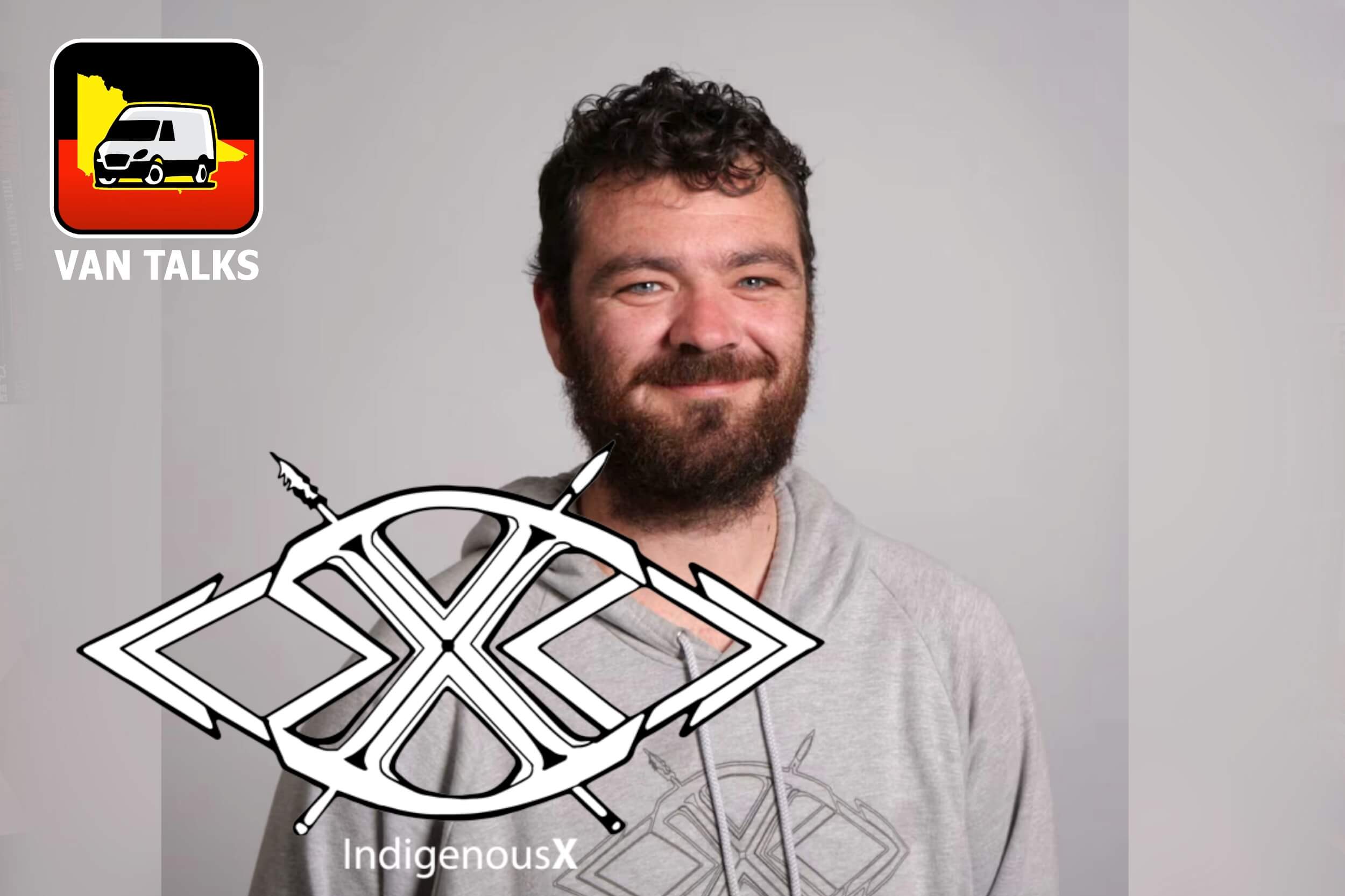
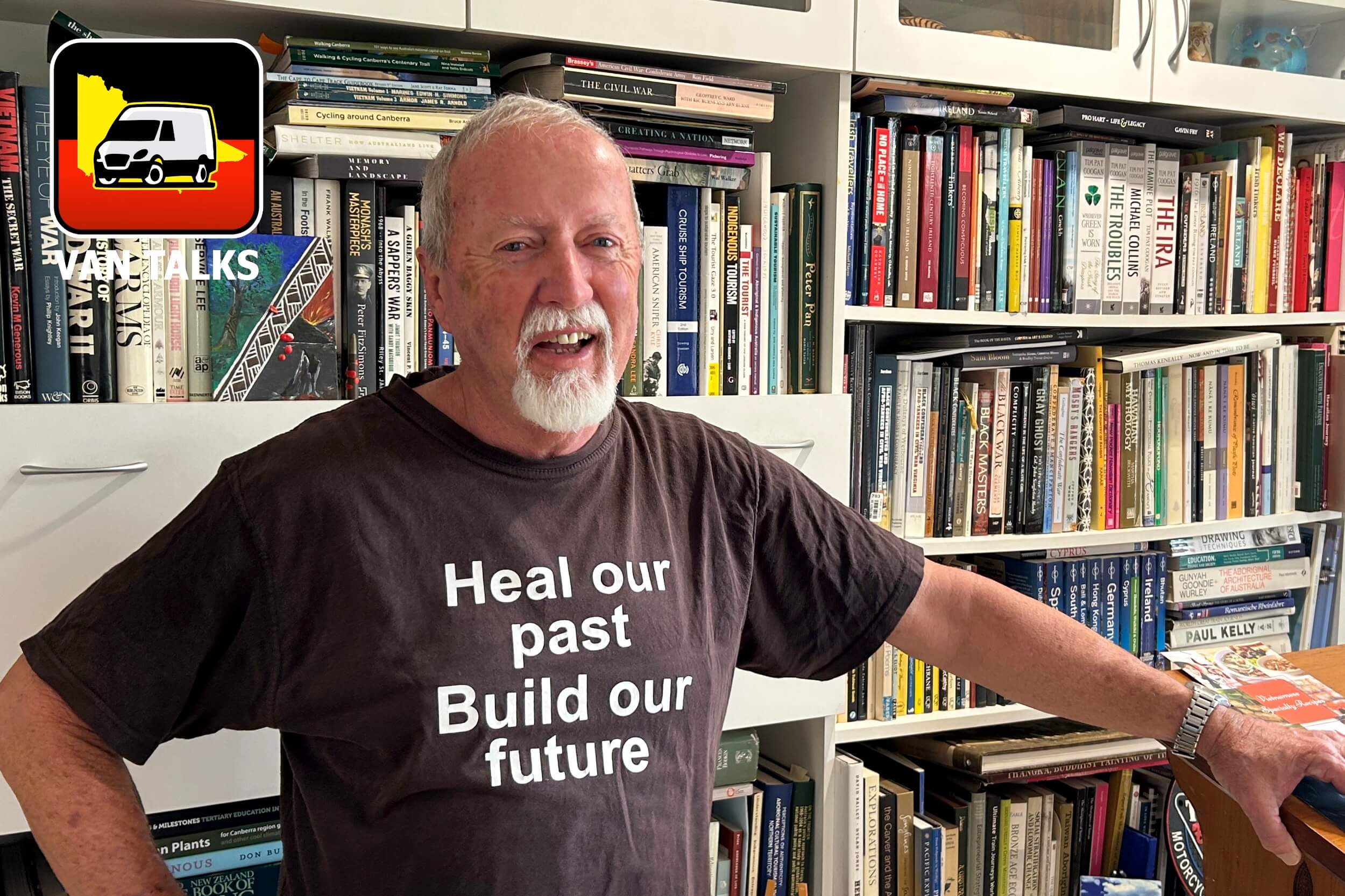
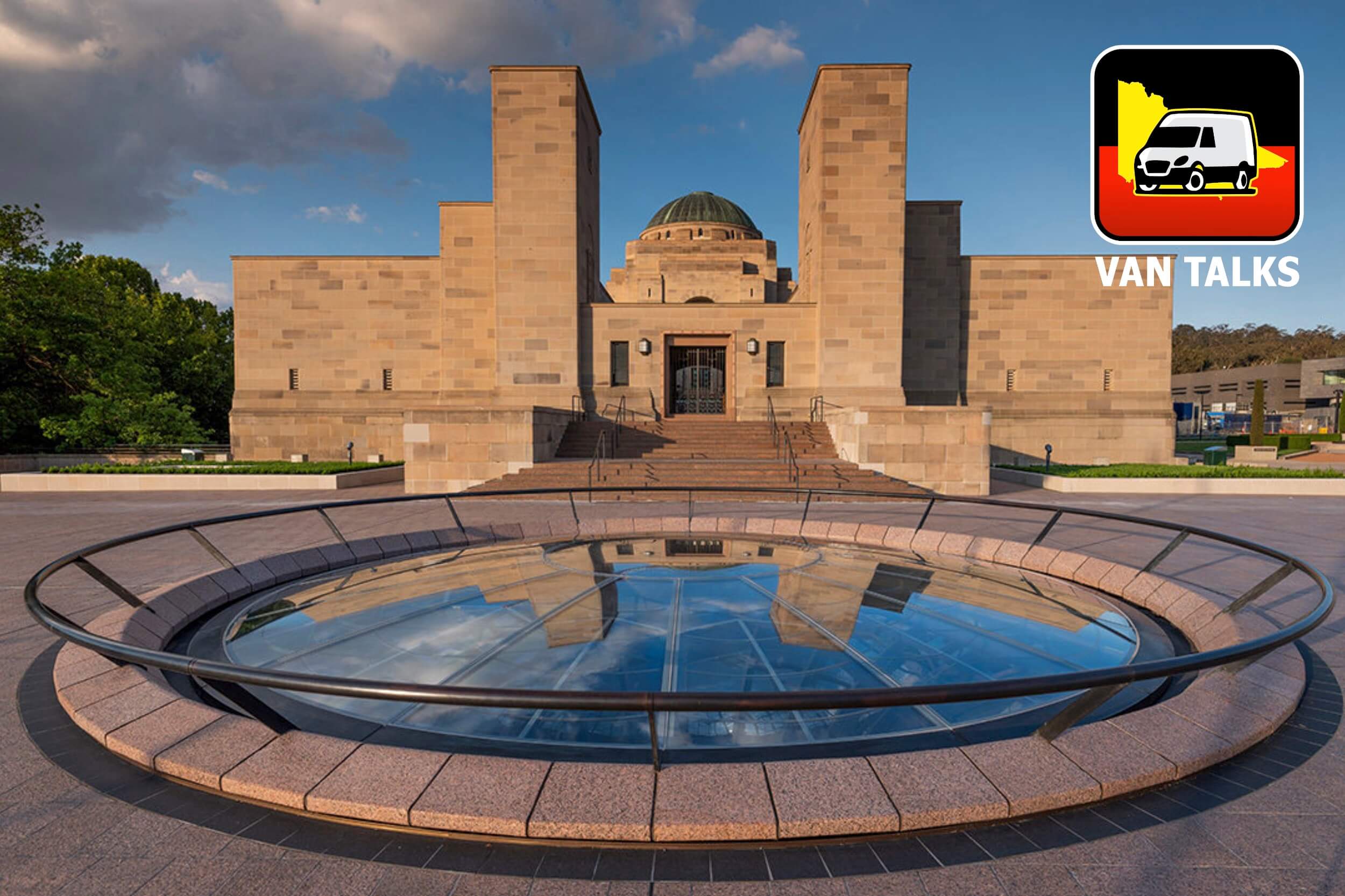
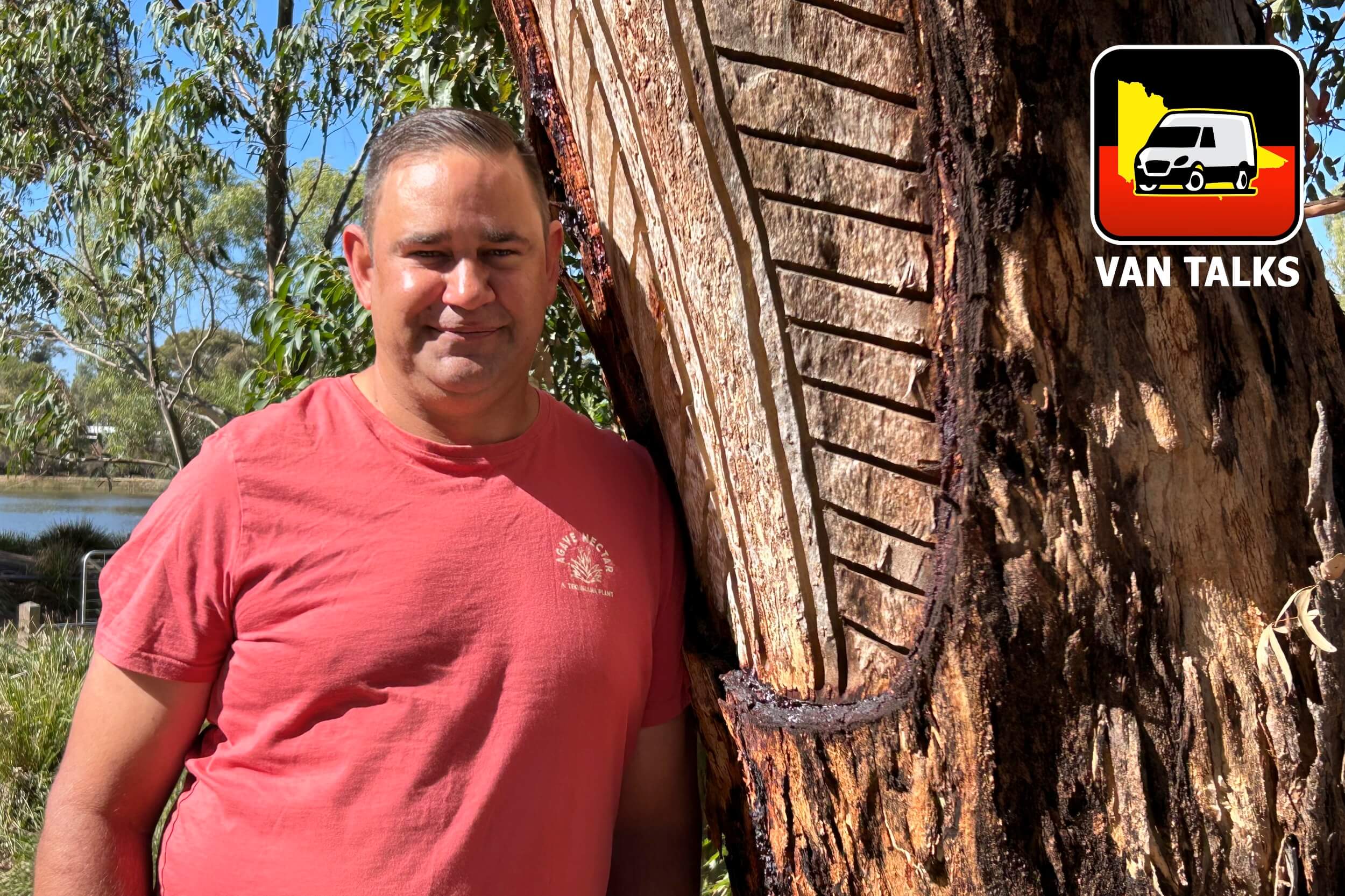
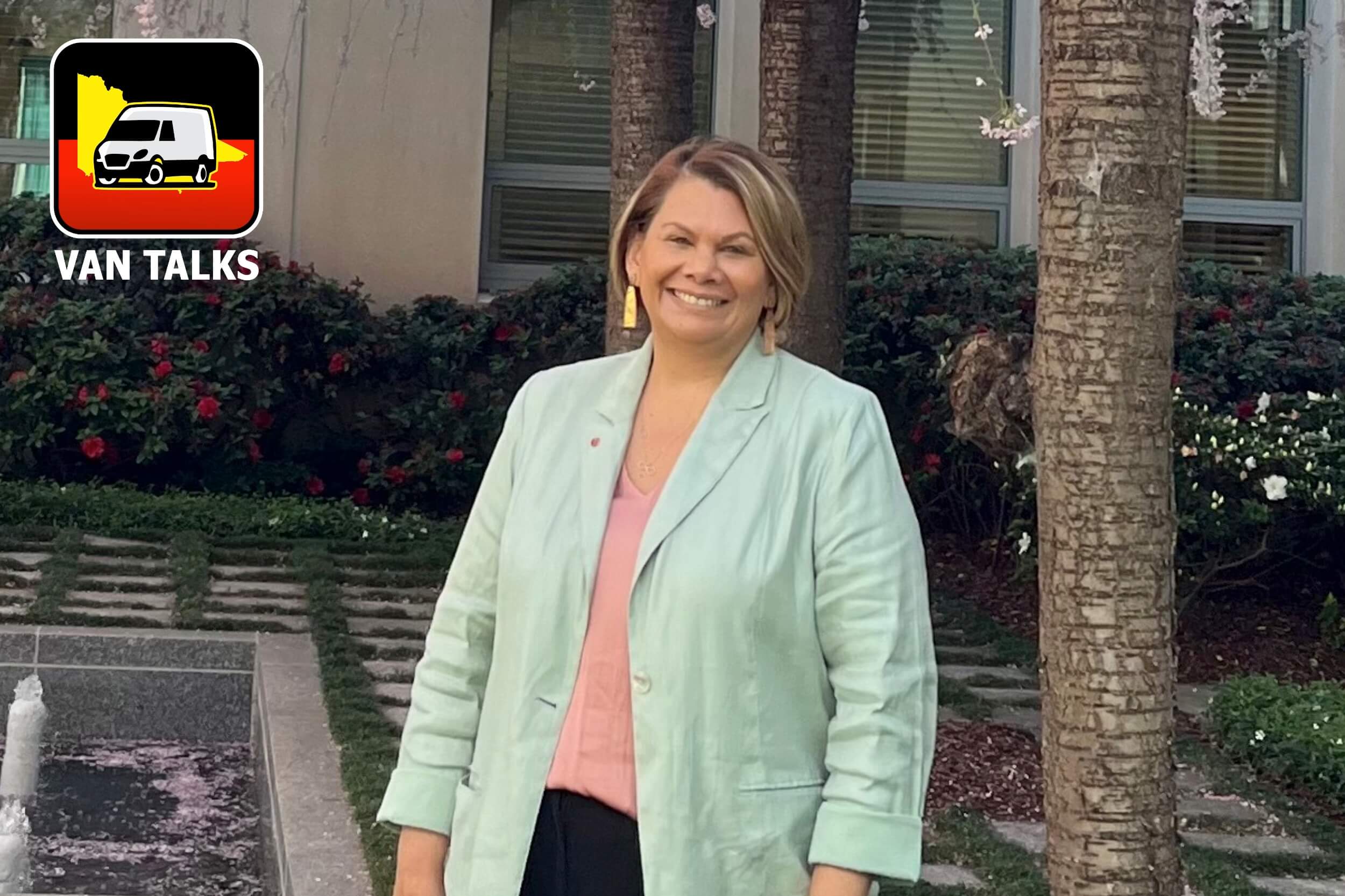

Thanks. In Chapter 8 of his 2024 book “Reflections on the Voice during and after the Referendum, inaugural Associate Deputy Vice-Chancellor, Indigenous at Federation University Victoria, Professor Gunstone suggests that “performative reconciliation” (morning tea model of tokenism) is dead. He refers to the 1991 “inclusive” phrasing such as “reconciliation means many different things to different people,” presumably because of the dichotomy between encoding and decoding in communication patterns.
However, Professor Gunstone suggests that broad phrases, “also confused many people” and still does today. He lists some substantive issues that must be addressed:
Developing national and local treaties (Let us hope that Victoria will lead the way)
Acknowledging history and truth-telling
Achieving reparative and distribution justice
Addressing institutional and individual racism, which some entities and individuals suggest is a figment of imagination, in misguided decoding of facts
Dismantling existing power relationships
Prioritising and ensuring cultural safety
Professor Gunstone expresses disappointment that many non-Indigenous people and organisations claim to support reconciliation the support is too skin deep to represent substantive reconciliation (paraphrased).
Cheers, Madeleine Kingston Victorian non-Mob supporter